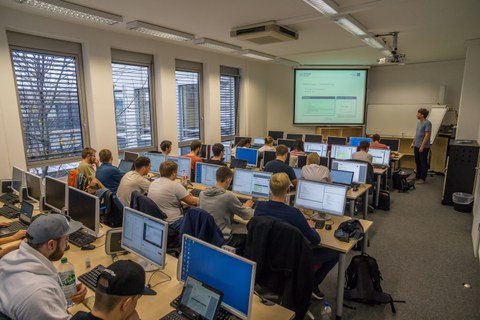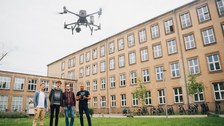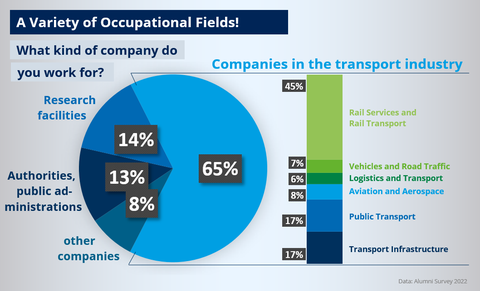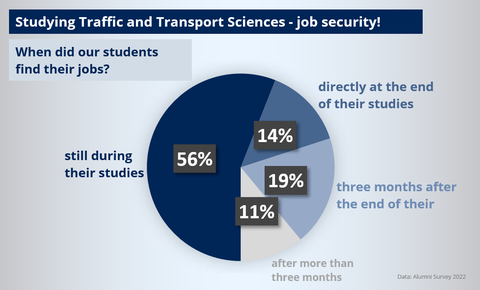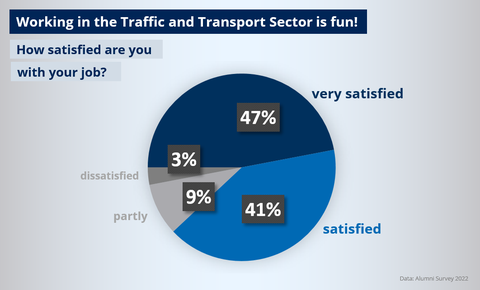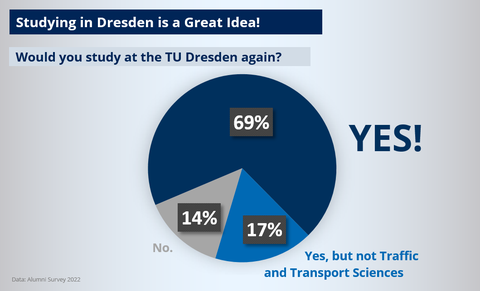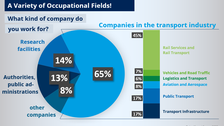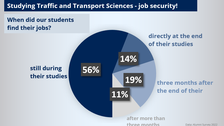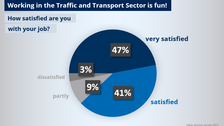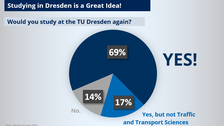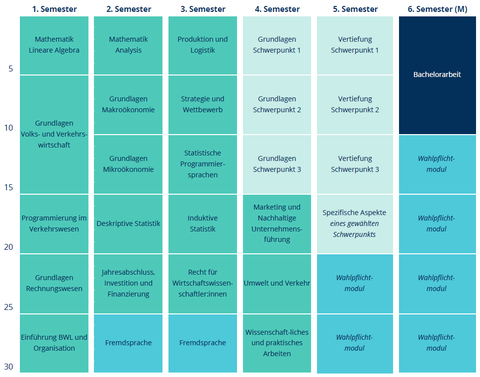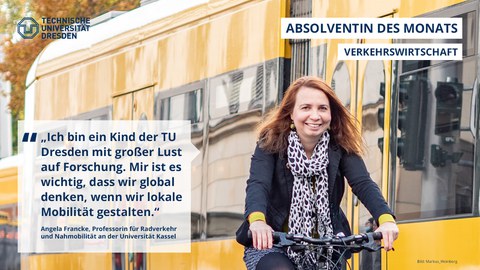Transport Economics (Bachelor)
Mobility and transportation are of great significance today and in the future. All people expect affordable mobility and properly functioning transportation systems. Mobility and transportation are fundamental components of society, indispensable for commerce and the economy, annoying for some, interesting for others - and systemically relevant for all.
Digitalization, automation and innovative transportation concepts are changing mobility as we have known it. At the same time, there are major challenges with regard to climate and noise protection, air pollution control, energy and land consumption, traffic safety, and the economic efficiency of the transportation sector.
The bachelor's degree program in Transport Economics illustrates the complex interrelationships of the field and thus offers an interdisciplinary university education. With this, transport economic problems can be recognized, analyzed, and solved – and future mobility can be actively shaped.
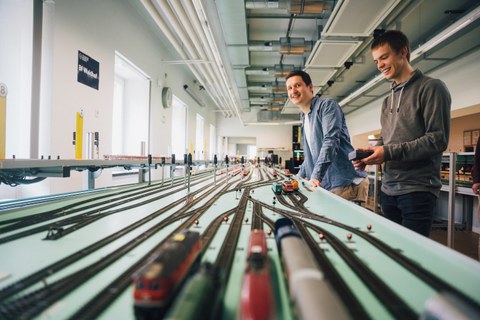
© Benjamin Jenak, TUD

© Benjamin Jenak, TUD
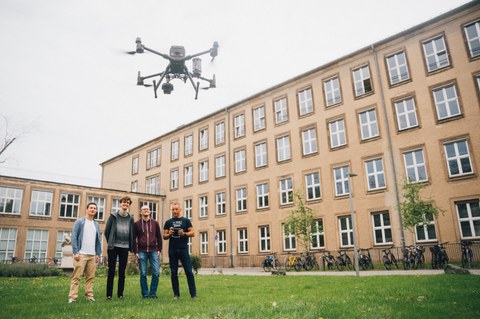
© Benjamin Jenak, TUD
| Degree | Bachelor of Science (B.Sc.) |
| Standard period of study for full-time studies | 6 semesters |
| Primary teaching language | German |
| Part-time studies | Possible (50 %) |
| Numerus clausus | No numerus clausus |
| Start of study | Winter semester (October 1st) |
| Application period | June 1st - September 15th *April 1st - July 15th for international applications |
Studying Traffic and Transportation Science means job security! 70 percent of our students have their first permanent job while still studying or directly at the end of their studies. Almost all of our graduates enter attractive career paths after three months of job search at the latest. Career planning and orientation is a top priority for us even during our studies - with an annual in-house carreer fair, job portal, alumni association, and much more.
Graduates of Transport Economics (B.Sc.) can, among others, work in transportation companies, transportation-related industries, consulting companies, and national or international organizations or ministries.
The study program starts with general academic basics such as mathematics, statistics, programming, and civil law as well as general knowledge in the fields of business administration and economics, transport economics, data analytics, strategy and competition as well as sustainability in transportation. You also learn the fundamentals of academic research, some "soft skills" as well as social skills such as presentation techniques, team leadership, organization, time and project management, and communication skills. In addition, a language course in English or another foreign language has to be completed.
Then, students must choose three of the following five transportation-related areas:
— Traffic operations and transportation logistics
Planning and controlling transportational and logistic processes, project and resource management, pricing and revenue optimization
— Transportation policy
Transportation infrastructure policy, economic evaluations of transportation projects, national and international regulation in the transportation sector
— Environmental and regional economics
Urban development and causes of spatial structural and developmental differences, influence of demographic changes on regions, determinants of migration and transportation decisions, efficiency comparisons in transportation
— Transport Econometrics and Statistics
Statistical analysis of transport economic processes and systems: modeling and simulating transport networks, stochastic modeling of random transport processes, and methods of linear and nonlinear time series analysis.
— Data Analytics in Transportation
Processing, preparing, visualizing and analyzing structured and unstructured data in issues relevant to transportation economics and policy, using data analytic methods and statistical as well as mechanical learning techniques.
At the end of the study program, students can choose numerous supplementary qualifications in economics, transport economics, transport engineering, and foreign languages. A professional internship of at least eight weeks is recommended and can be included as a course credit. The bachelor's degree in transportation economics is completed with a scientific bachelor's thesis.
»Society’s mobility behavior will change a lot in the future, and I want to develop new concepts and solutions for that. That's why I decided to study transportation economics at the TU Dresden.« (S. Breitkopf)
»The exceptional thing about this study program is that the faculty offers enormous advantages in terms of subject-specific development and the spirit of the students is very special. The faculty and especially the student representatives quickly give you a feeling of home away from home. Last but not least, there is the professional expertise of the professors.« (A. Straubinger)
»This degree program is still relatively rare, but very welcome in the logistics industry. Many companies are specifically looking for transportation graduates. It is a very interesting, important, and thus promising professional field.« (T. Wenk)
»With the specialized knowledge acquired during their studies, graduates can fulfill many criteria that are sought after on the job market. In addition, the city of Dresden offers everything that students are looking for: Learning and relaxing on the Elbe meadows, student-friendly prices, and plenty of culture with the Semper Opera, the cinemas, and theaters.« (S. Breitkopf)
To be admitted to the degree program, applicants must have completed a general university entrance qualification (Abitur) or a comparable university entrance qualification.
International applicants and German applicants with a foreign university entrance qualification are kindly advised to read the requirements for German-language courses.
Applicants with foreign higher education entrance qualifications that do not allow immediate admission to a university in Germany, can attend a Studienkolleg (preparatory college) to acquire the subject-specific university entrance qualification. Please find further information on the Studienkolleg pages.
This degree program relates to the following specialized course at the Studienkolleg: W-course.
All regulations concerning the study program are defined in the study documents, which have been officially announced:
Studienordnung (Amtliche Bekanntmachung vom 30.08.2023)
Prüfungsordnung (Amtliche Bekanntmachung vom 30.08.2023)
The curriculum and modules may be adjusted to meet current needs. These adjustments include the following not legally binding documents:
Modulbeschreibungen (aktuelle Lesefassung) – No change at the moment
Studienablaufplan (aktuelle Lesefassung) – No change at the moment
The degree program can completely or temporarily be studied on a part-time basis (50%). This may apply if you are caring for children or other dependents while studying, or if you yourself are affected by health issues.
While studying part-time, the standard period of study for full-time students and the examination periods are doubled. If necessary, you can switch between part-time and full-time studies between semesters. More information on part-time studies
A separate study schedule is recommended and issued for part-time studies. Adjustments must be made when switching between full-time and part-time studies:
Part-time study schedule
The video gives you the most important information about the online application. © TU Dresden
Did we convince you to study traffic and transportation? The follow this link to get important information for you application and to find the correct application portal for traffic and transport studies.
Application period:
June 1st - September 15th
April 1st - July 15th for international applications
Further information on Transport Economics (B.Sc.) in the Study Information Systems (SINS).
Multimedia insights into the study programs
In the online format "Sitzgelegenheit," students from our faculty are asked interesting and sometimes piquant questions from the TUD community. Why is Deutsche Bahn always late? What is your favorite means of transportation and what do you think transport will look like in the future?
Verkehrswirtin Jessica bei ihrem ersten Job als Trainee bei der Deutschen Post © alpha Uni
Jessica studied transportation economics at TU Dresden - from 2014 to 2018 in the Bachelor's program and from 2018 to 2021 in the Master's program. In January of 2023, she was taken on as a section manager for transport at Deutsche Post. She is now responsible for truck scheduling and a team leader for other planners.
A “child of the uni” with a love of research. Angela Francke started a degree in Transport Economics at TU Dresden in 1998 because she wanted to run her own hotel. During her first few semesters, her focus changed. Today, the 42-year-old from Dresden holds one of just seven chairs in cycling in all of Germany at the University of Kassel. Further information
© TUD 2024
How can cycling be made safer and more attractive? Cycling is climate-friendly and keeps you healthy. In addition, cycling infrastructure requires less space than other forms of mobility. However, for more people to get on their bikes, cycling must become safe, fast and comfortable. In the “Good Question”, scientists from TU Dresden talk about their research on bicycles.
Contact Person
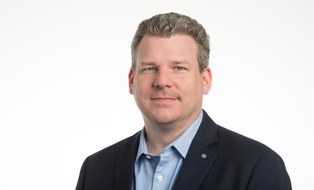 © Michael Kretzschmar
© Michael Kretzschmar
Dean of Studies Transportation Economics
NameProf. Dr. rer. pol. habil. Jörn Schönberger
Send encrypted email via the SecureMail portal (for TUD external users only).

